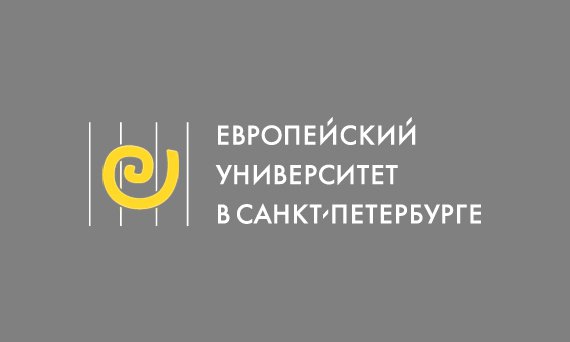At the 2010s the Arctic is a peaceful and (geo)politically stable region: it is not overtly plagued by conflicts. There is no ‘wild’ race on resources due to state sovereignty and the rules by UN’s Convention on the Law of the Sea, as well as the strong commitment to cooperation by the Arctic states. The globalized world is with uncertainty and ‘uncommon instability’ due to several recent, much unorthodox, things and a new world order. Following from this, it is possible to argue that the Arctic is exceptional, even a new metaphor for an ‘Exceptionalism’, in the international system and international politics / IR. Or, that the Arctic with high geopolitical stability, and without sovereignty disputes might become a needed common ground for constancy and confidence-building between the Arctic states, unlike current ad-hoc alliances and strategic partnerships are.
This presentation defines the post-Cold War Arctic geopolitics and security in general, and particularly how the high stability was achieved. Secondly, it analyzes on how the ‘globalized’ Arctic is heavily impacted by impacts of ‘globalization’, such as pollution, climate change, the global economy, as well as it has also significant worldwide implications affecting the Earth (System). Finally, the presentation discusses how to move from political stability to peaceful change, and a potential role of the stable Arctic and its exceptionalism in word politics.
Lecturer: Professor Lassi Heininen, UArctic and NRF TN on Geopolitics and Security, University of Lapland, Finland.
